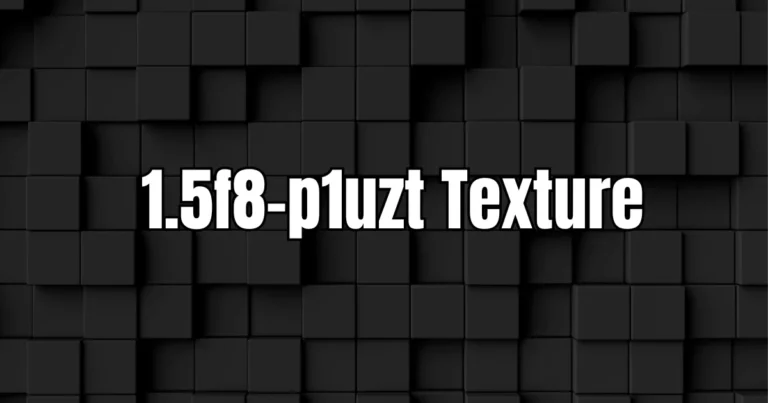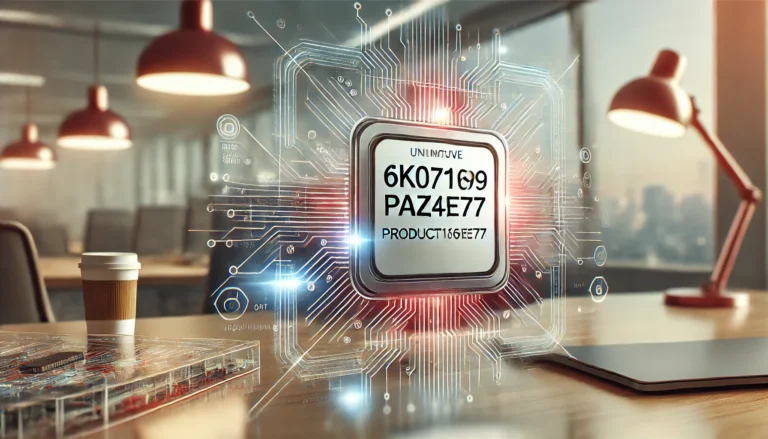Understanding Contestation DC-2206-7476: A Comprehensive Guide
Contestation DC-2206-7476 has become a topic of significant interest in recent times. This article aims to provide a thorough exploration of the subject, delving into its origins, implications, and wider context. Whether you’re a legal professional, a concerned citizen, or simply curious about the intricacies of this particular case, this guide will offer valuable insights into the complexities surrounding Contestation DC-2206-7476.
What is Contestation DC-2206-7476?
Contestation DC-2206-7476 refers to a specific legal dispute or challenge that has garnered attention due to its unique characteristics or potential far-reaching consequences. The term “contestation” implies a formal objection or dispute, while “DC-2206-7476” likely denotes a case number or identifier within a particular legal system or jurisdiction.
Key Points:
- Contestation DC-2206-7476 is a legal case or dispute
- The identifier suggests a specific docket or filing number
- The case has attracted notable interest or controversy
The Origins of Contestation DC-2206-7476
To fully grasp the significance of Contestation DC-2206-7476, it’s crucial to understand its origins. While the exact details may vary depending on the nature of the case, contestations often arise from disagreements over:
- Legal interpretations
- Regulatory compliance
- Contract disputes
- Constitutional challenges
- Administrative decisions
The specific circumstances that led to Contestation DC-2206-7476 would have involved one or more of these factors, prompting a formal legal challenge or objection.
Parties Involved in Contestation DC-2206-7476
In any legal contestation, there are typically multiple parties involved, each with their own interests and perspectives. In the case of Contestation DC-2206-7476, these parties might include:
- Plaintiffs or petitioners
- Defendants or respondents
- Relevant government agencies
- Interested third parties or intervenors
- Legal representatives and experts
Understanding the roles and motivations of each party is crucial to grasping the full scope of Contestation DC-2206-7476.
Legal Framework Surrounding Contestation DC-2206-7476
The legal landscape in which Contestation DC-2206-7476 exists is likely complex and multifaceted. Depending on the nature of the dispute, it may involve:
Applicable Laws and Regulations
- Federal statutes
- State or local laws
- Administrative regulations
- Case law and precedents
Jurisdictional Considerations
- Court jurisdiction (federal, state, or specialized courts)
- Administrative tribunals
- Appellate processes
Procedural Rules
- Filing requirements
- Timelines and deadlines
- Evidence submission protocols
- Hearing or trial procedures
Key Issues in Contestation DC-2206-7476
While the specific details of Contestation DC-2206-7476 may not be fully public, typical contestations often revolve around several core issues:
- Statutory Interpretation: Disputes over the meaning or application of relevant laws.
- Procedural Compliance: Questions about whether proper procedures were followed.
- Factual Disputes: Disagreements over the facts of the case.
- Constitutional Questions: Challenges based on constitutional rights or limitations.
- Jurisdictional Issues: Debates over which court or body has the authority to hear the case.
The Significance of Contestation DC-2206-7476
Understanding why Contestation DC-2206-7476 matters is crucial to appreciating its broader implications. Depending on the nature of the case, its significance could stem from:
- Potential to set legal precedents
- Impact on public policy or regulations
- Implications for individual rights or freedoms
- Economic or financial consequences
- Environmental or social justice considerations
Stages of Contestation DC-2206-7476
Like many legal proceedings, Contestation DC-2206-7476 likely follows a structured process. While the exact stages may vary depending on the jurisdiction and nature of the case, a typical contestation might proceed through the following phases:
- Initial Filing: The formal submission of the contestation.
- Response: The opposing party’s formal reply to the contestation.
- Discovery: The exchange of relevant information between parties.
- Pre-trial Motions: Legal arguments made before the main proceedings.
- Trial or Hearing: The formal presentation of evidence and arguments.
- Decision: The ruling or judgment on the contestation.
- Appeals: Potential challenges to the decision in higher courts.
Each of these stages plays a crucial role in the development and resolution of Contestation DC-2206-7476.
Analyzing the Arguments in Contestation DC-2206-7476
To fully appreciate the complexities of Contestation DC-2206-7476, it’s important to consider the potential arguments from various perspectives:
Petitioner’s Perspective
Those bringing the contestation might argue:
- Violations of legal rights or procedures
- Misinterpretation or misapplication of relevant laws
- Factual errors in the underlying decision or action
Respondent’s Perspective
Those defending against the contestation could contend:
- Proper adherence to legal requirements and procedures
- Correct interpretation and application of relevant laws
- Factual accuracy and justification for the contested decision or action
Third-Party Perspectives
Depending on the nature of Contestation DC-2206-7476, there may be additional stakeholders offering different viewpoints:
- Public interest groups
- Industry associations
- Academic or expert opinions
Potential Outcomes of Contestation DC-2206-7476
The resolution of Contestation DC-2206-7476 could lead to various outcomes, each with its own set of implications:
- Affirmation: The original decision or action is upheld.
- Reversal: The contestation succeeds, overturning the original decision.
- Modification: A compromise or partial change is implemented.
- Remand: The case is sent back for further consideration or action.
- Settlement: Parties reach an agreement outside of formal proceedings.
The specific outcome will depend on the strength of arguments, evidence presented, and the interpretation of relevant laws and precedents.
Wider Implications of Contestation DC-2206-7476
Beyond its immediate participants, Contestation DC-2206-7476 may have broader ramifications:
Legal Precedent
- Potential to influence future similar cases
- Clarification of legal interpretations
Policy Impact
- Possible changes to regulations or administrative practices
- Influence on legislative agendas
Social and Economic Effects
- Potential impacts on specific industries or sectors
- Implications for public rights or social issues
Challenges and Controversies Surrounding Contestation DC-2206-7476
As with many significant legal disputes, Contestation DC-2206-7476 may face various challenges and controversies:
- Complexity: The case may involve intricate legal or technical details.
- Public Opinion: High-profile cases often face scrutiny and debate in the public sphere.
- Resource Disparities: Differences in resources between parties can affect the proceedings.
- Timeliness: Legal processes can be lengthy, potentially delaying resolution.
- Jurisdictional Disputes: Questions about which court or body should hear the case.
Expert Opinions on Contestation DC-2206-7476
To provide a well-rounded view of Contestation DC-2206-7476, it’s valuable to consider expert perspectives:
- Legal scholars may offer insights into the case’s jurisprudential significance.
- Industry experts could comment on practical implications.
- Policy analysts might discuss potential regulatory or legislative impacts.
These expert views can help contextualize the importance and potential outcomes of Contestation DC-2206-7476.
Historical Context of Contestation DC-2206-7476
Understanding the historical backdrop against which Contestation DC-2206-7476 has emerged can provide valuable context:
- Similar past cases or precedents
- Evolution of relevant laws and regulations
- Societal or technological changes that may have influenced the case
Future Outlook: Beyond Contestation DC-2206-7476
While the immediate focus is on the resolution of Contestation DC-2206-7476, it’s worth considering its potential long-term effects:
- Possible legal reforms or new legislation
- Changes in industry practices or standards
- Shifts in public awareness or attitudes
Conclusion: The Importance of Understanding Contestation DC-2206-7476
Contestation DC-2206-7476 represents more than just a legal dispute; it embodies the complex interplay of law, policy, and societal interests. By examining its various aspects – from its origins and key issues to its potential outcomes and wider implications – we gain valuable insights into the workings of our legal system and its impact on society.
Whether you’re directly involved in the case, affected by its potential outcomes, or simply interested in legal and policy matters, a thorough understanding of Contestation DC-2206-7476 is crucial. As the case progresses, it will undoubtedly continue to spark discussion, debate, and potentially shape future legal landscapes.
By staying informed about developments in Contestation DC-2206-7476, we can better appreciate the nuances of our legal system and its role in addressing complex societal challenges. The resolution of this case may well have far-reaching consequences, making it a significant touchstone in contemporary legal discourse.






